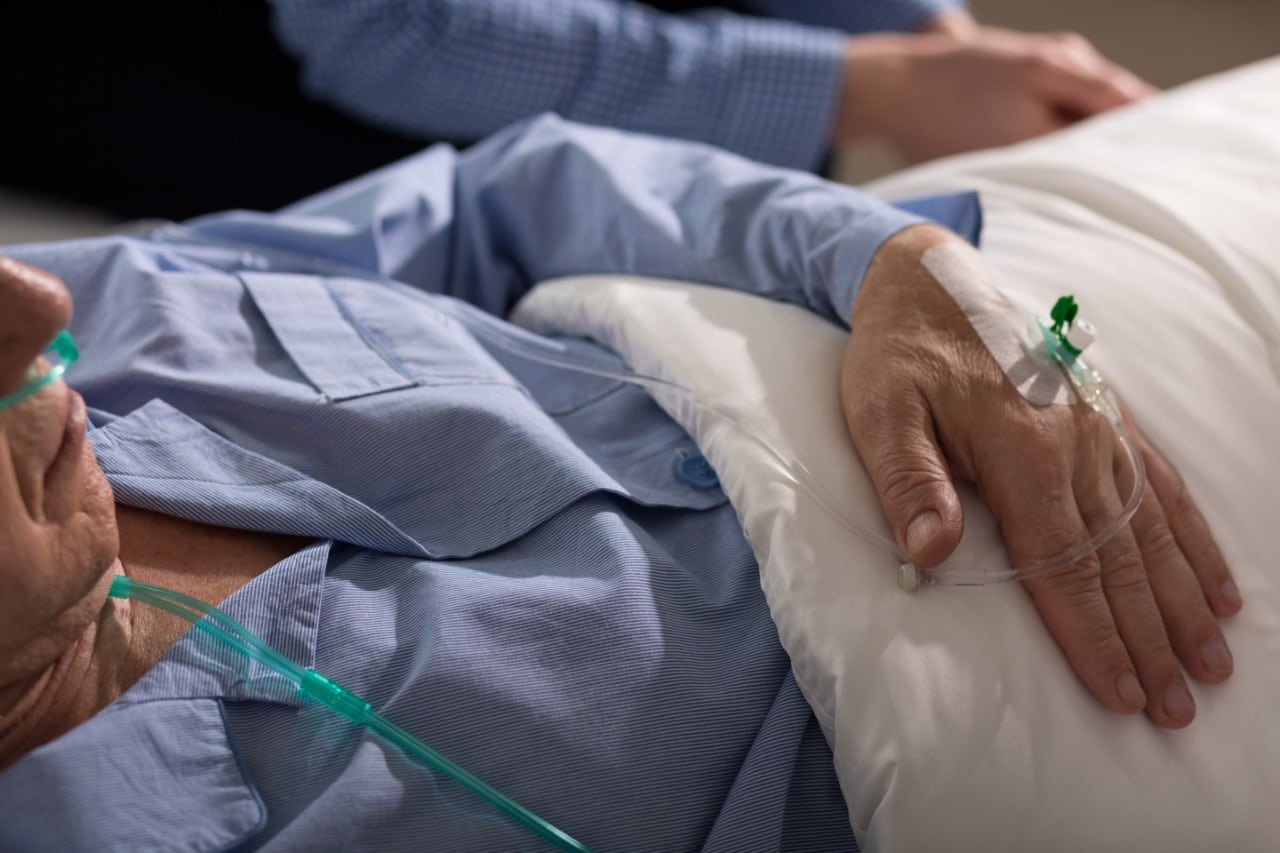
How To Make A Complaint To the NHS
- No win, no fee
- Not just lawyers - real specialists
- No obligation
- UK's highest-rated medical negligence solicitors
A Guide to the NHS Complaints Procedure
There were over 229,000 complaints made to the NHS between 2022 and 2023. This was an increase of 3,888 from 2021-2022 complaints.
Complaints surrounding Waiting Times made up a 16% increase from the previous year with over 4,000 complaints (2022-23) and Prescription Errors made up a 7.4% increase from 2021-22.
It should be noted that whilst these complaints were made, just over 55% of them were upheld with the remainder being dismissed. The NHS takes complaints seriously and investigates them to deliver better outcomes for patients.
You can access the NHS complaints data report to find out more facts and figures on NHS complaints in the period from 2022-2023
Find out if you
have a claim
Take the 10-second claim test Free advice
03300 080 352 Fill in our
claim form
We're the highest-rated No Win No Fee medical negligence solicitors on Trustpilot
THE NHS AND MEDICAL NEGLIGENCE
Clinical negligence claims have seen a decrease compared to the previous year, with over 13,000 claims reported between 2022-23. Whilst the NHS delivers outstanding care the vast majority of the time, these figures show that there are incidences where this care falls below the accepted standard.
The NHS and the UK Government are working towards reducing these figures and improving patients outcomes across all NHS Trusts in the UK. This is why the NHS has a dedicated complaints procedure in place, to help patients get answers to their questions without the need for a medical negligence claim.
HOW TO COMPLAIN TO THE NHS
You can make a complaint to the NHS for any issues relating to your care. This includes primary care services like GPs and dentists or for treatment received in hospital.
In the first instance, it may be worth speaking directly to the healthcare provider. Many organisations will ask for feedback following your treatment so that they can use this to improve. However, if you do not feel your complaint has been handled correctly, or would rather have help making a complaint then you can use the Patient Advice and Liaison Service (PALS).
PALS NHS COMPLAINTS
PALS is a free and confidential service available in most hospitals. You can speak to a PALS member who will act as a mediator to solve the problem with the hospital or the staff member without the need for an official complaint. This can be a better resolution for all involved. You can also use the PALS service for anything urgent or time sensitive, for example, whilst you are still under the care of the hospital and are not happy with your treatment plan.
The Patient Advice and Liaison Service is independently run and so has no obligation to the NHS. It is an informal way of making an initial complaint that could solve the issue quickly without the need to escalate it. In some cases however, you may require a more formal approach.
WHERE TO MAKE YOUR NHS COMPLAINT
If you want to make an official complaint then you will need to find the individual information regarding the complaints procedure for the provider you wish to complain about. This information can usually be found in the reception area, in waiting rooms, by asking a member of staff or on the provider’s website.
You will need to direct the complaint to the relevant department. If you are complaining about multiple factions of the NHS, such as the ambulance and the surgical team then you would only need to make one complaint. The department you send the complaint to must contact the other involved party and work between themselves to resolve your complaint.
If for any reason you do not want to contact the provider directly, for example, they are still your GP or your treatment is ongoing then you can contact NHS England to make your complaint.
You can make your complaint verbally, in writing or by email. If done verbally, a written record will be made and sent to you.
NHS COMPLAINTS TIMESCALES
You have 12 months from the date of the incident or the date of your knowledge of the incident to make a complaint. This could be stretched if there is a valid reason for why it has taken longer than 12 months.
Once you have made your complaint, you should receive an acknowledgement within three working days, stating that your complaint will be dealt with.
There is no definite time period that the NHS must fully respond to your complaint in. The amount of time will vary according to the details of your complaint and how long the investigation takes.
THE NHS COMPLAINTS OMBUDSMAN
If you are not happy with the outcome of your complaint or with the complaints procedure, then you can contact the Parliamentary and Health Service Ombudsman. The Ombudsman is an independent body designed to help patients resolve complaints fairly and impartially. Their decision is final and you will need to have completed the steps above before they will take on your complaint. You can not go directly to the Ombudsman with your NHS complaint. They can, however, help you if you have yet to receive a response to your complaint and there has been an adequate amount of time passed.
MAKING AN NHS NEGLIGENCE CLAIM
Sometimes making a complaint does not get you the answers or apology you need, or you may not even receive a response at all. If you feel any aspect of your care was sub standard and has had a detrimental effect on your physical and emotional wellbeing then you may be able to make a claim.
Medical negligence lawyers specialise in pursuing claims for clients who have suffered as a result of medical negligence. Even if you have started the complaints process, you can find out if you have grounds for a claim. There is no obligation to go ahead and if you do it will be on a no win no fee basis.
Our specialist NHS negligence solicitors have helped clients all over the UK get the compensation and support they deserve.
Meet our medical negligence team
Peter Rigby
Director of Medical Negligence
Christian Beadell
Partner, Head of Strategy and Legal Operations
Francesca Paul
Associate Solicitor
Sion Wynne
Senior Solicitor
Case Study
Vincent's Story
"He's always there for us"
At the age of 2 we noticed our son Vincent had trouble with his hearing. We had this testing over a number of years and were repeatedly told there was nothing wrong.
Initially we thought this was a speech and language problem, this wasn't the case. It took 4 to 5 years of assessments, with the constant response that there was nothing wrong with his hearing. A different test was them carried on Vincent overnight where it was found he was profoundly deaf.


After years of frustration we were finally able to provide Vincent with the support he required and received an implant. This has enable Vincent to be able to hear. The support from our solicitors has enabled to to gain access to specialist which have supported Vincent in closing the gap in his speech he lost out on to his peers.







